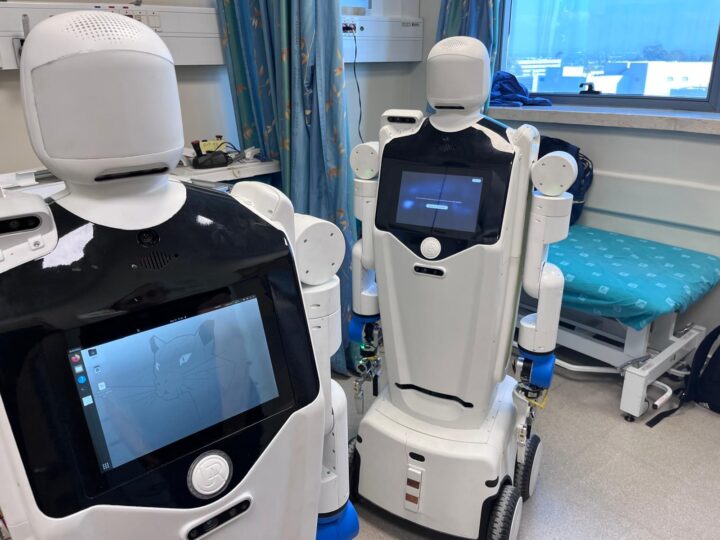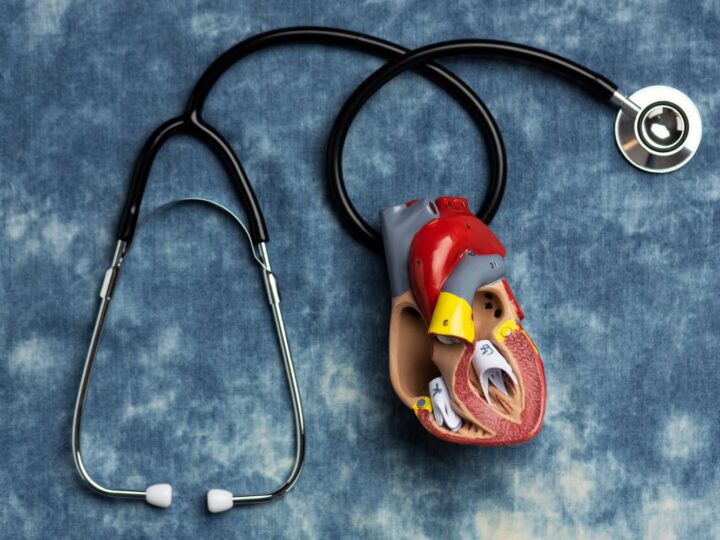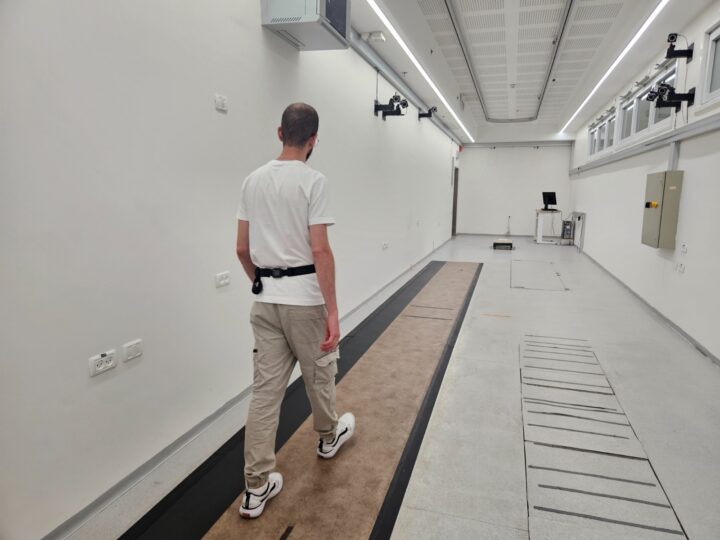Sleep-deprived, overworked junior physicians are at increased risk of making mistakes when prescribing medication, according to a study published in the Journal of the American Medical Informatics Association.
“As expected, this study shows that long shifts with heavy workloads lead to increased physician prescribing errors,” said co-author Dr. Gidi Stein, CEO of MedAware, an Israeli company whose advanced machine-learning algorithms extract and analyze data from electronic health records to identify medication errors, opioid dependency risk and evolving adverse drug events in patients.
The purpose of the study, which was partially funded by MedAware, was to assess the association of physicians’ workload, multiple work shifts, and level of experience with risk for medication-related errors when prescribing.
The large-scale study analyzed 1.65 million prescriptions written by 1,066 physicians at Israel’s largest hospital between 2012 and 2017. During that period, MedAware had flagged more than 3,700 of these prescription orders as erroneous.
Physicians with high workloads were eight times more likely to make mistakes compared to physicians with normal workloads.
Continuous back-to-back shifts were associated with double the risk of error when compared to single-shift results. And physicians were three times more likely to err when prescribing medications they seldom prescribed before.
The authors noted that error rates have been documented in the range of 2%–14% of all medication prescriptions in the US and UK.
According to a US study published in January, 44% of 15,000 physicians surveyed said they were suffering from burnout – and that was before the Covid-19 pandemic. A study published in October found high levels of loneliness, stress and burnout among American physicians because of the pandemic, further exacerbating the issue.
“With the Covid-19 pandemic straining healthcare systems worldwide and pushing prescribers and clinical care teams to their limits, the need for advanced decision support systems is critical,” said Stein.

















